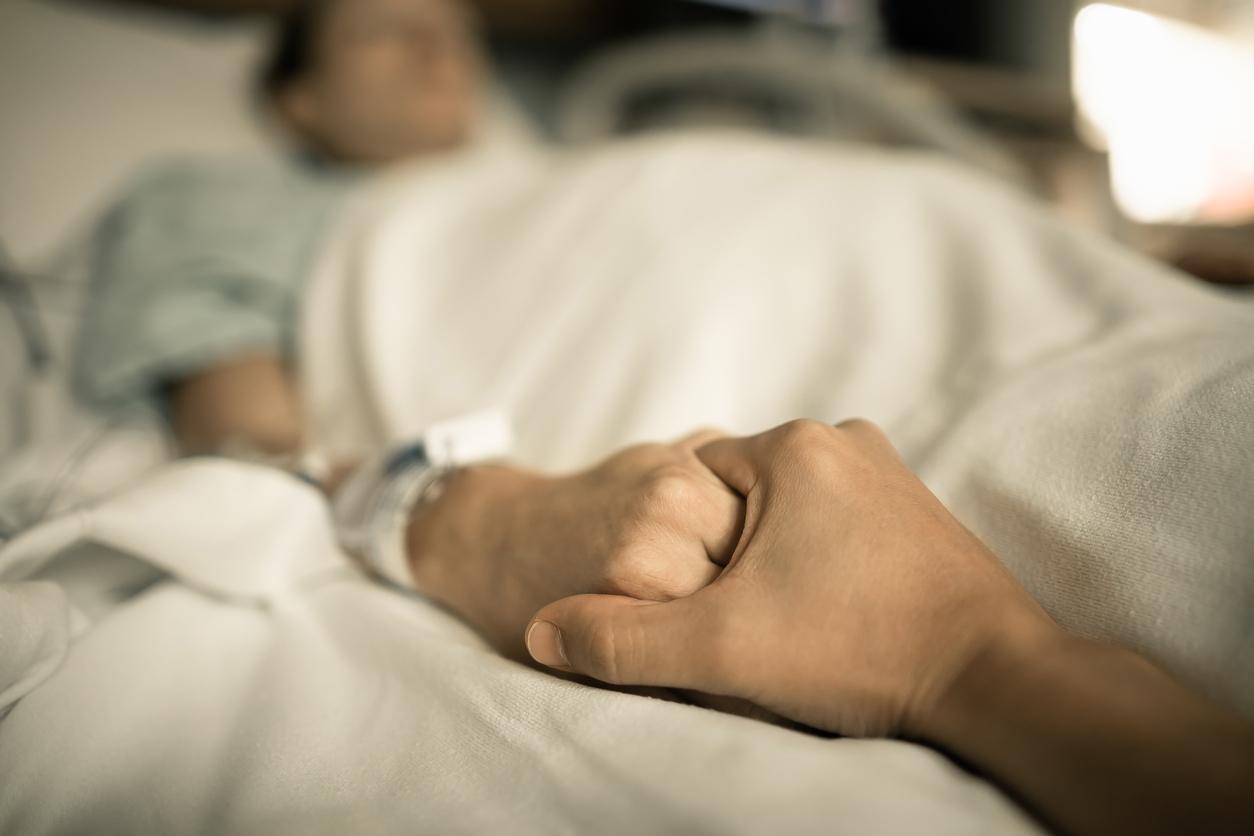Should we keep Vincent Lambert alive? This is the question the Council of State is considering today. For Jean Léonetti, going against the CHU’s decision could have serious consequences.

Today Thursday, the Council of State will look into the case of Vincent Lambert. The highest administrative court will have to rule on whether or not to keep alive this 38-year-old man, quadriplegic and in a state of minimal consciousness for five years, following a motorcycle accident. To decipher what is at stake in this decision, why actor questioned Jean Léonetti, doctor, UMP deputy for the Alpes-Maritimes and father of the end of life law that bears his name.
why: The administrative court of Châlons-en-Champagne ordered doctors from the University Hospital of Reims to maintain the diet and hydration of Vincent Lambert. His wife and the CHU appealed. If the Council of State decides to keep Vincent Lambert alive, would it be a disaster?
Jean Leonetti : It’s not a disaster, but it’s a real problem. Because the question that arises is: do we have the right to stop life-sustaining treatment? In law, the answer is yes. There are treatments which are disproportionate or which have no effect other than the artificial maintenance of life. And it’s up to the doctors to say if we do too much or not enough. Of course, they must seek the opinion of the family, advance directives if they have been written, address the person they trust. But here we find ourselves in front of a patient who cannot express his will. And the doctors say the treatment is in vain. We are only maintaining a survival and not a life.
Keeping Vincent Lambert alive would therefore be therapeutic relentlessness?
Jean Léonetti: It’s obvious ! This is what we physicians call unreasonable stubbornness. But who can say that we are in a situation of unreasonable stubbornness? Doctors or judges? Me, I think it is the collegial doctors. So, if unfortunately, there was a very strong decision of the Council of State which said: unreasonable obstinacy is the responsibility of the judge, this would mean that doctors will hesitate to stop treatment, even when they judge that they are excessive.
“We are only maintaining a survival and not a life.”
So you fear that this will lead to a step backwards?
Jean Léonetti: Yes, we risk going back 15 years, to the time when doctors were afraid of being accused of not doing enough. However, medicine is the right care. There are times when you have to resuscitate and there are times when you have to stop. The consequences can be very serious because the entire population fears the relentless treatment, and we will have a decision that will push doctors to be unreasonably obstinate. We must not forget that there are still 100,000 respirators who are stopped each year in France. This means that since the law has existed, that’s almost 1 million people in whom, in a reasonable and concerted manner, collegialities of doctors have put an end to survival treatments. If we go back, that means we will artificially keep 100,000 more people alive each year. It is humanly unacceptable, medically unreasonable, and socially and financially impossible.
This case highlights a major point: advance directives. They are only written in 2% of end-of-life situations. Shouldn’t all doctors collect them systematically?
Jean Léonetti: Yes, but how can a doctor who has just announced to his patient that he has prostate cancer or diabetes ask his patient to write his advance directives! We must awaken the entire population, because like Vincent Lambert, we can all find ourselves in a dramatic situation overnight.
“A law promoting euthanasia will not resolve the case of Vincent Lambert”
Shouldn’t we do as in organ donation, encourage the French to think about how to write advance directives?
Jean Léonetti: I agree with you, but we have never carried out any information campaign on this law. It has no doubt been wrongly believed that a law passed unanimously would naturally enter society. As recommended by the Ethics Committee and Professor Sicard in his report, perhaps existing laws should be enforced before new ones are drawn up …
Doesn’t the Vincent Lambert affair show all the same that a new law on the end of life is needed?
Jean Léonetti: I don’t know… The Minister of Health has an obsession, she wants to change the law but we never knew exactly what she wanted to change exactly. A law that would promote euthanasia, I am not in favor of it, but it can exist. But this law will not solve the case of Vincent Lambert because he does not ask to die.
.

















